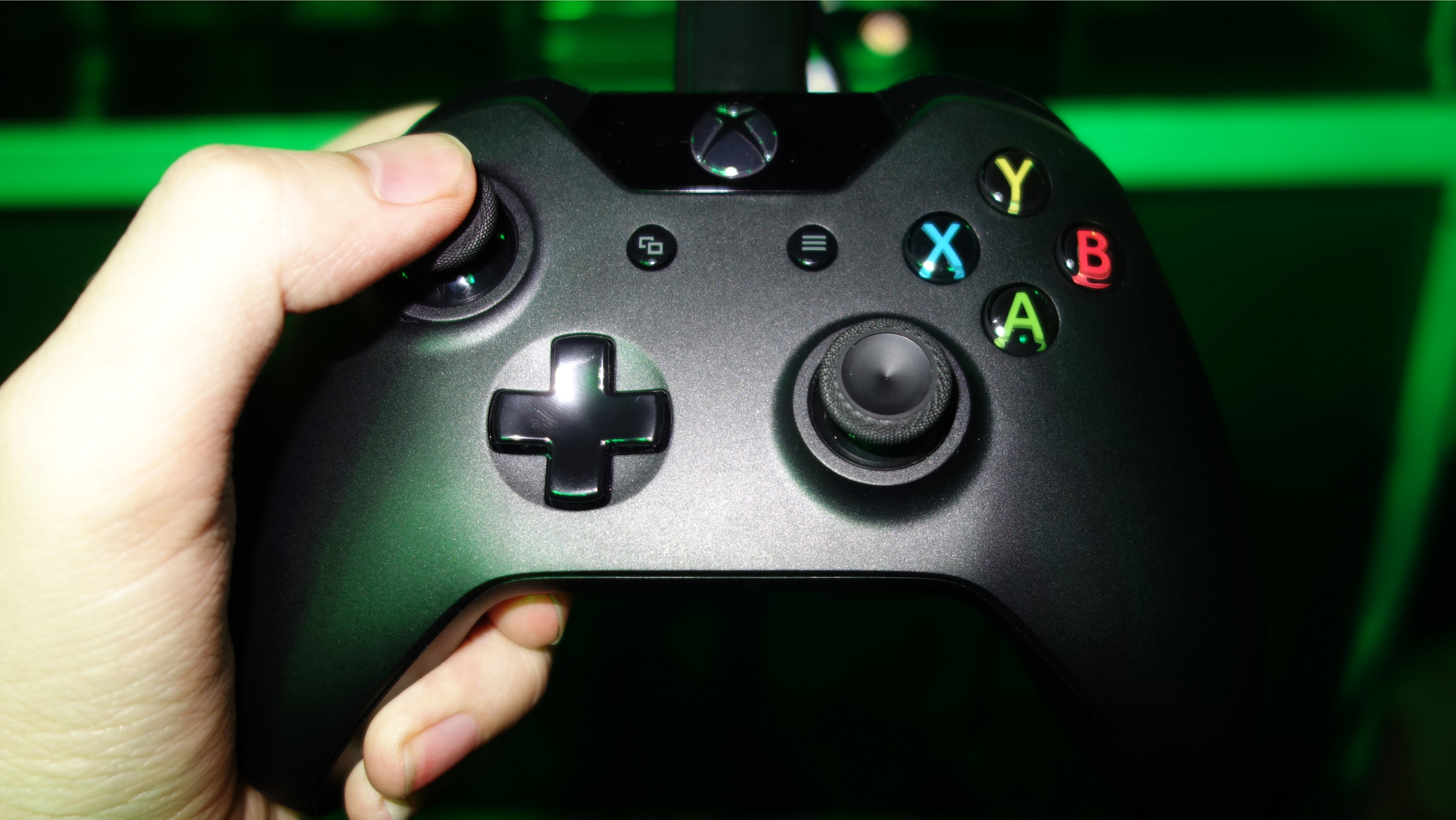Oculus wants to make the ultimate virtual reality controller itself
Oculus is working on the input problem

Sign up for breaking news, reviews, opinion, top tech deals, and more.
You are now subscribed
Your newsletter sign-up was successful
Oculus VR was content for a long time to let third parties handle audio, which usually meant users putting on a separate pair of headphones in addition to the Oculus Rift headset.
But with Crescent Bay, the latest Rift prototype, Oculus took audio into its own hands, and the company may do the same with the problem of input.
The question is: what is the best way to play virtual reality games? Is it a simple game controller, like many Rift games use now? What about something like Microsoft's failed Kinect?
At Oculus Connect 2014 this month, Oculus Rift creator Palmer Luckey said his company doesn't have those answers - but they're working on them.
Kinect is not the answer
"Input is really important for virtual reality, and our approach is that anything that's important, we need to be working on," Luckey told journalists during group interviews at the VR conference.
"After doing exhaustive testing, research and development we came to the conclusion that we had to do [audio] ourselves, and we had to do a good job, because it was so important to get right," he continued. "I think input is in that camp."
Oculus VR did purchase the design firm that created the Xbox 360 controller this year, but Luckey said Carbon Design Group isn't necessarily working on the virtual reality input problem - though he didn't specifically say they aren't, either.
Sign up for breaking news, reviews, opinion, top tech deals, and more.
What Luckey would say for sure is that Kinect is not the answer. "Microsoft Kinect is currently not the solution," he said. "Ignoring the technical aspects like the difficulty of tracking rotation and/or tracking under any kind of occlusion, you're very limited if all you can work with is your actual own hands."
Being able to move your hands in real life and see them in virtual space "is great," Luckey said, but that's not the "endgame" for virtual reality controls, because good VR input requires haptic feedback, which devices like Kinect can't provide.
The wrong rabbit
That doesn't mean Luckey doesn't appreciate the work others have been doing in this space, but he said companies may be chasing the wrong rabbit with motion controllers like the Razer Hydra and other, even more specific devices.
"There are people who are doing what they're trying to do well. I'm just not sure that what they're doing is what needs to be done," he said. "They're not trying to do a general purpose virtual reality input device, and that's really what is needed for VR to take off in the mainstream. It doesn't have to work perfectly, but it has to work well at being a gun, well at being a sword, well at being a hand, and that's very difficult."
"I think they're doing a good job at what they're trying to do, but the Hydra wasn't designed for VR," Luckey continued. "It's a tool you use to interact with the virtual world, not the type of thing that allows you to interact with the virtual world as naturally as you look around inside of it, which is what we want to pull off with our audio and our visuals and anything else we do."
Michael Rougeau is a former freelance news writer for TechRadar. Studying at Goldsmiths, University of London, and Northeastern University, Michael has bylines at Kotaku, 1UP, G4, Complex Magazine, Digital Trends, GamesRadar, GameSpot, IFC, Animal New York, @Gamer, Inside the Magic, Comic Book Resources, Zap2It, TabTimes, GameZone, Cheat Code Central, Gameshark, Gameranx, The Industry, Debonair Mag, Kombo, and others.
Micheal also spent time as the Games Editor for Playboy.com, and was the managing editor at GameSpot before becoming an Animal Care Manager for Wags and Walks.
